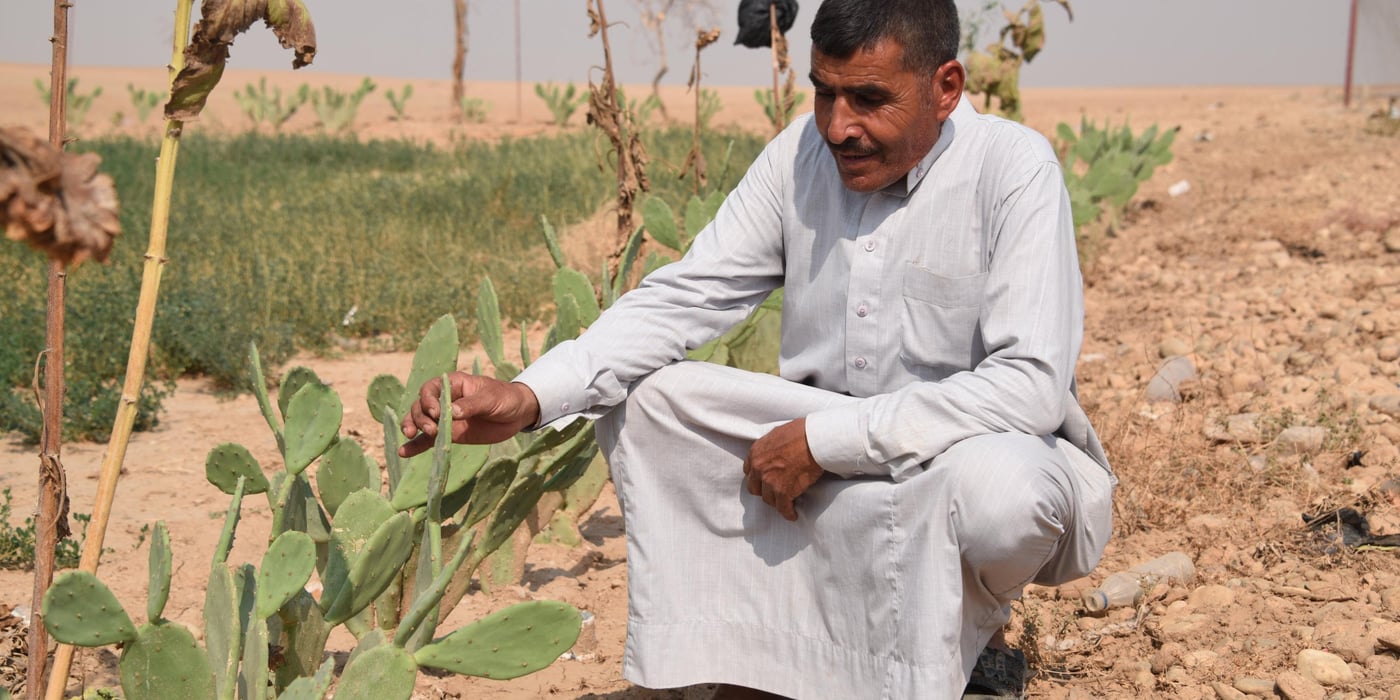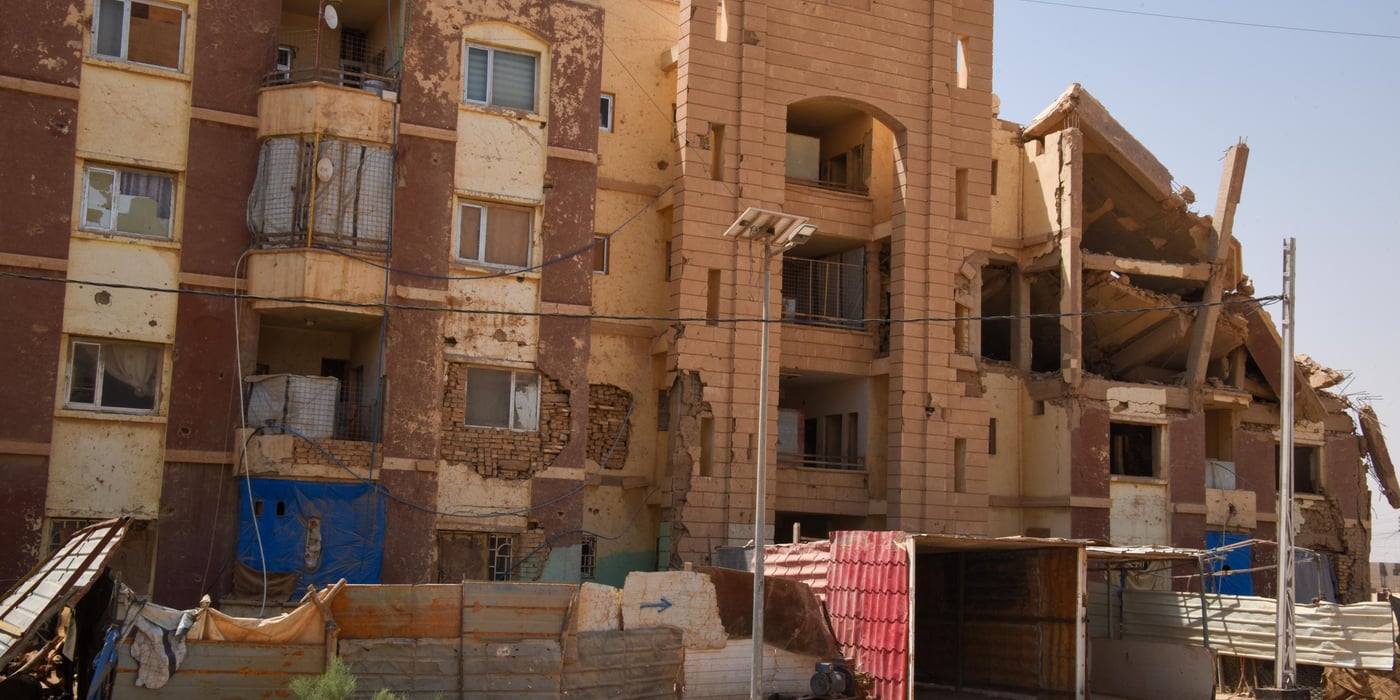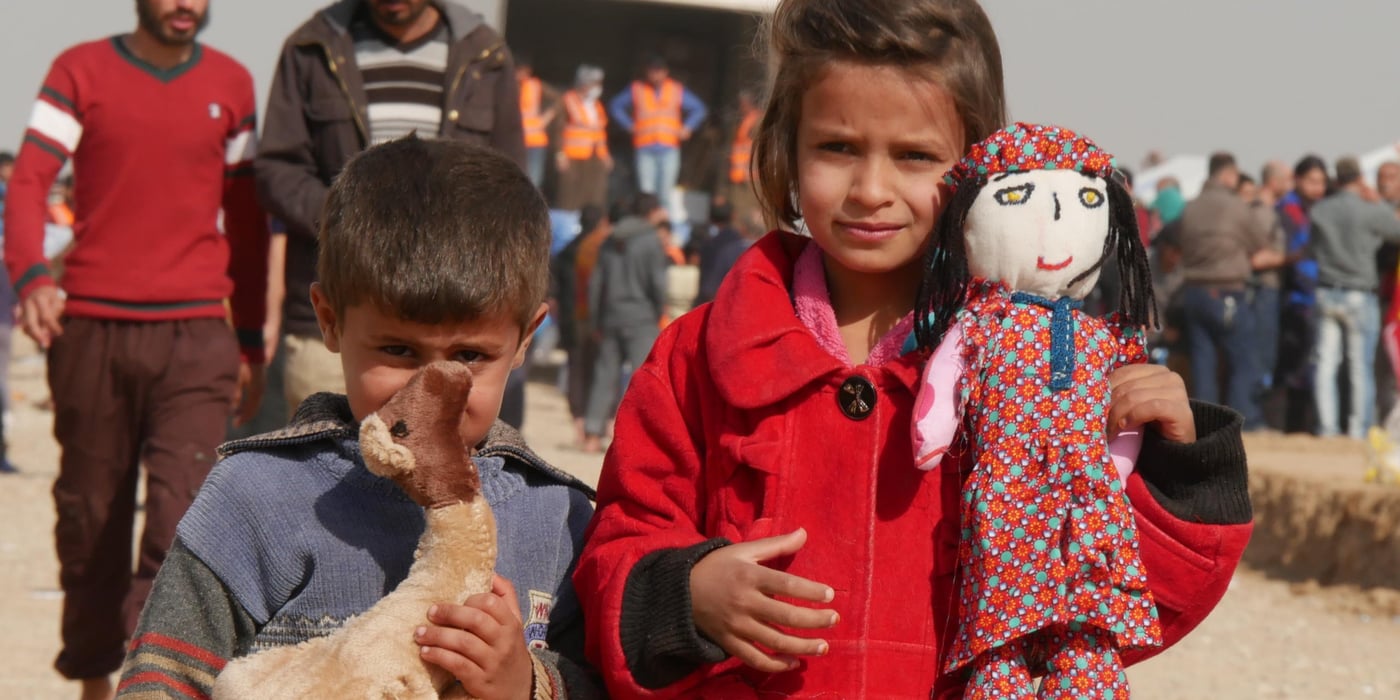
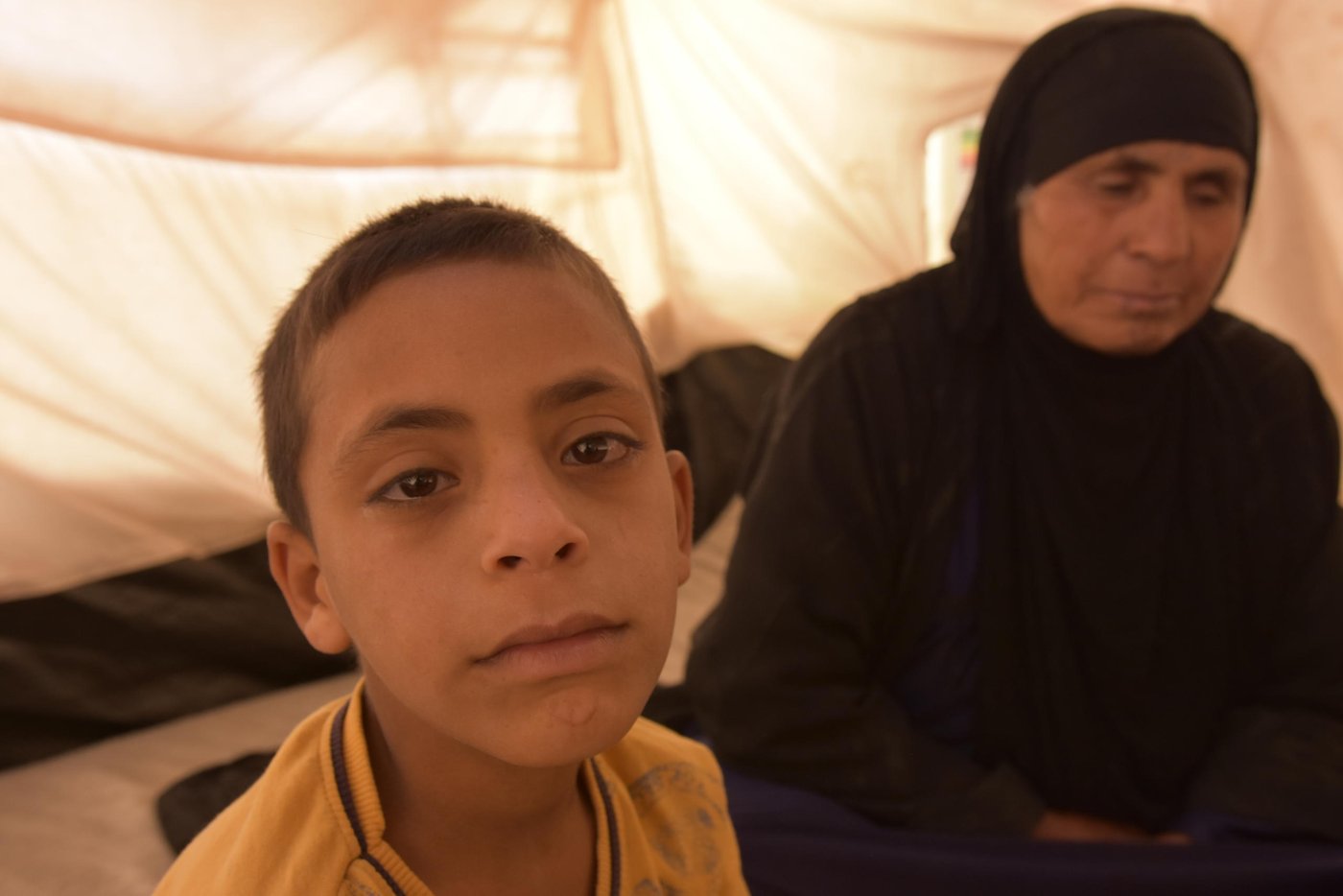
#1. The death toll
According to media reports, up to 40,000 people may have been killed during the conflict. The vast majority of hospitalised trauma cases originated from west Mosul. Hundreds of people were killed in airstrikes and countless others went missing when ISIS held the city. Many of the dead still lie buried under rubble inside Mosul.
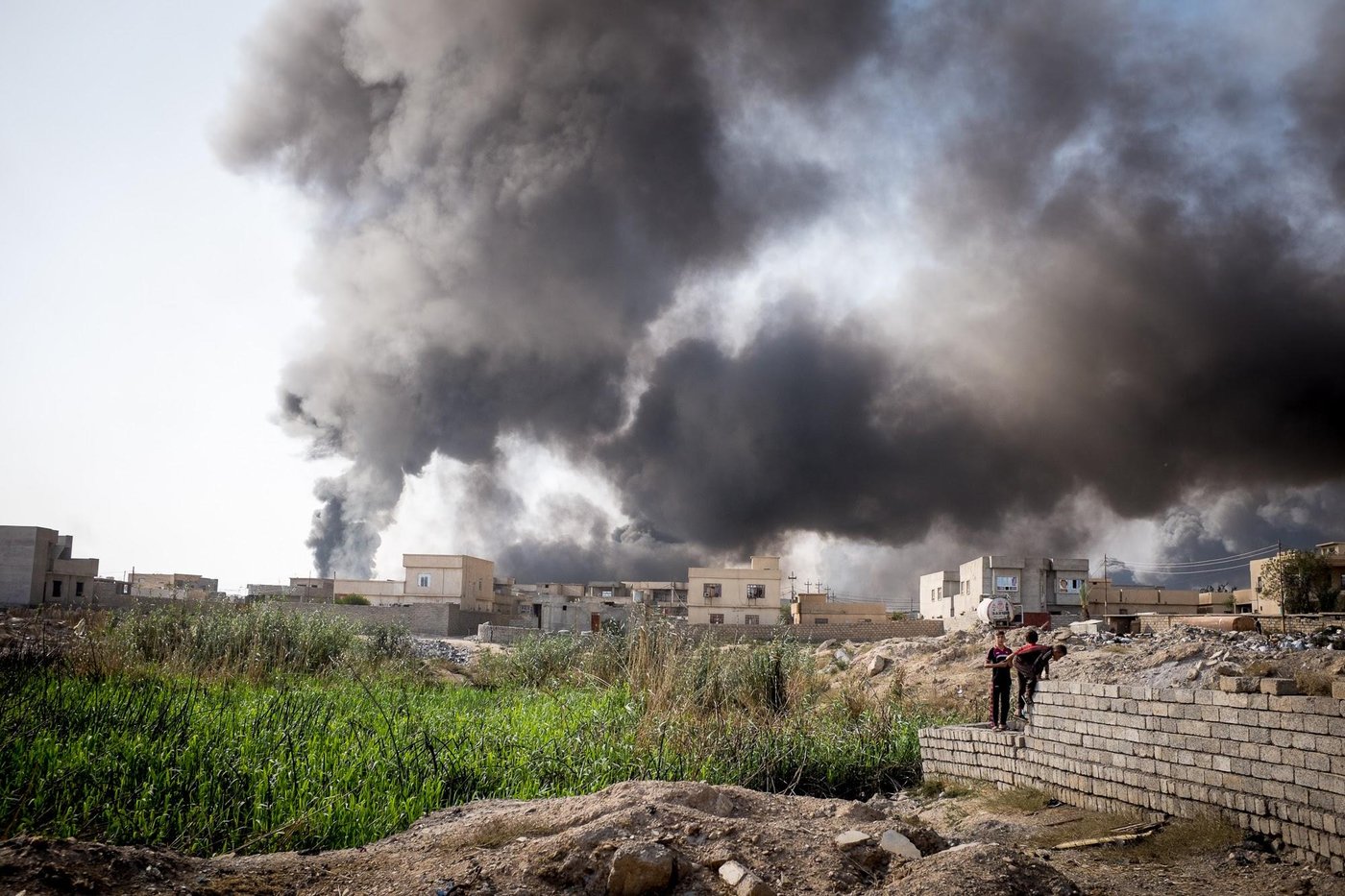
#2. The fighting isn't over
The violence continues in and around Mosul, with reports of further attacks since victory was declared by the Iraqi Prime Minister Haider Al-Abadi. It is expected that this will continue for some time while the Iraqi Government secures these areas. Discrimination, especially violent reprisals, have been reported against people from Mosul. The best hope to prevent further violence and ensure lasting peace is a recovery and rebuilding process that includes everyone.
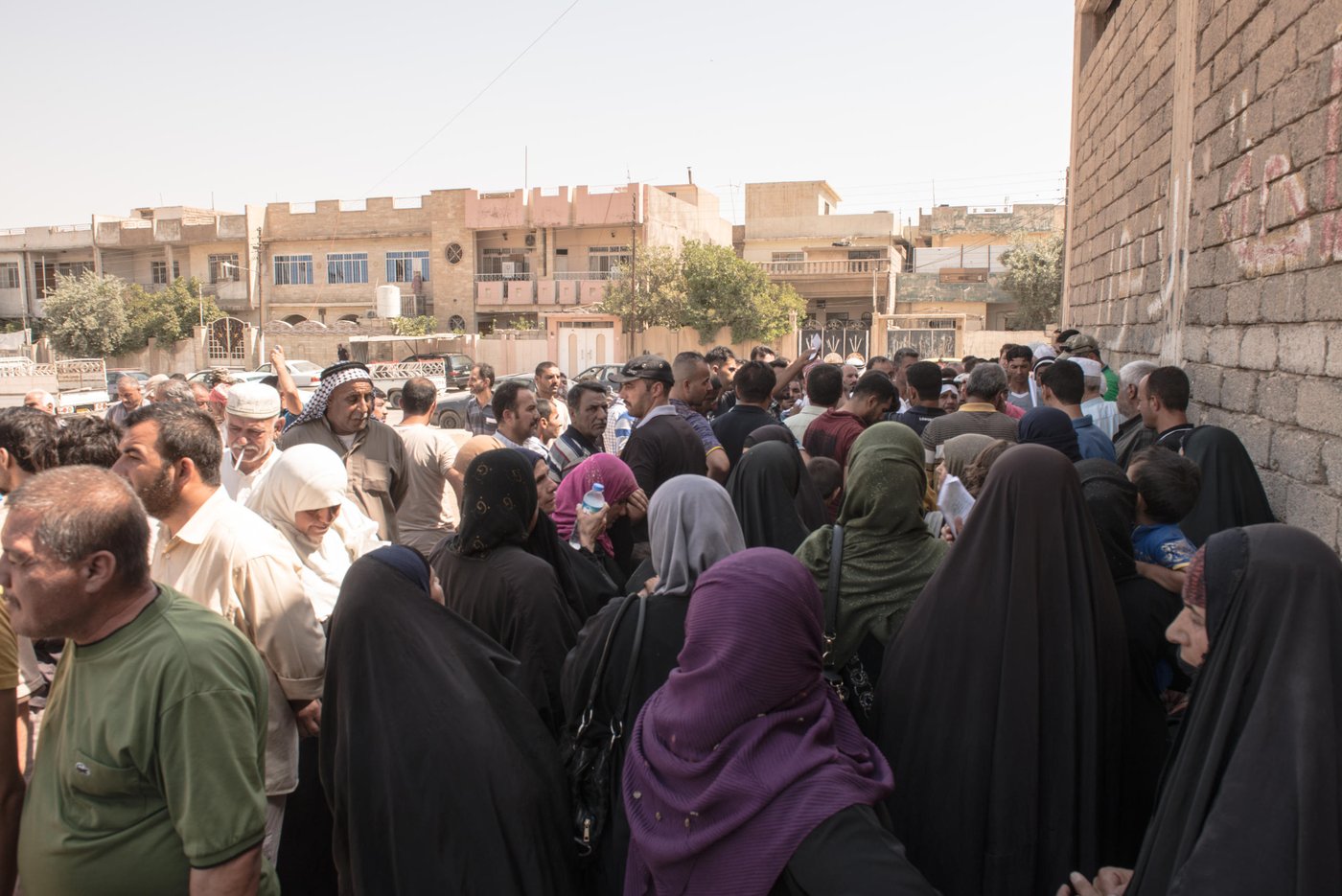
#3. Most people have returned to east Mosul
The east of the city was retaken in January. Since then around 90 percent of residents have returned to that part of the city. While 70,000 people have returned to west Mosul already, ten times that many remain displaced from the city. About half of this number live in camps, often a last resort for those who have lost everything. The destruction is immense. Power and water supplies have been destroyed and entire homes flattened. It could be a long time before most people can return home, but NRC has already been helping people rebuild by distributing building supplies and cash.
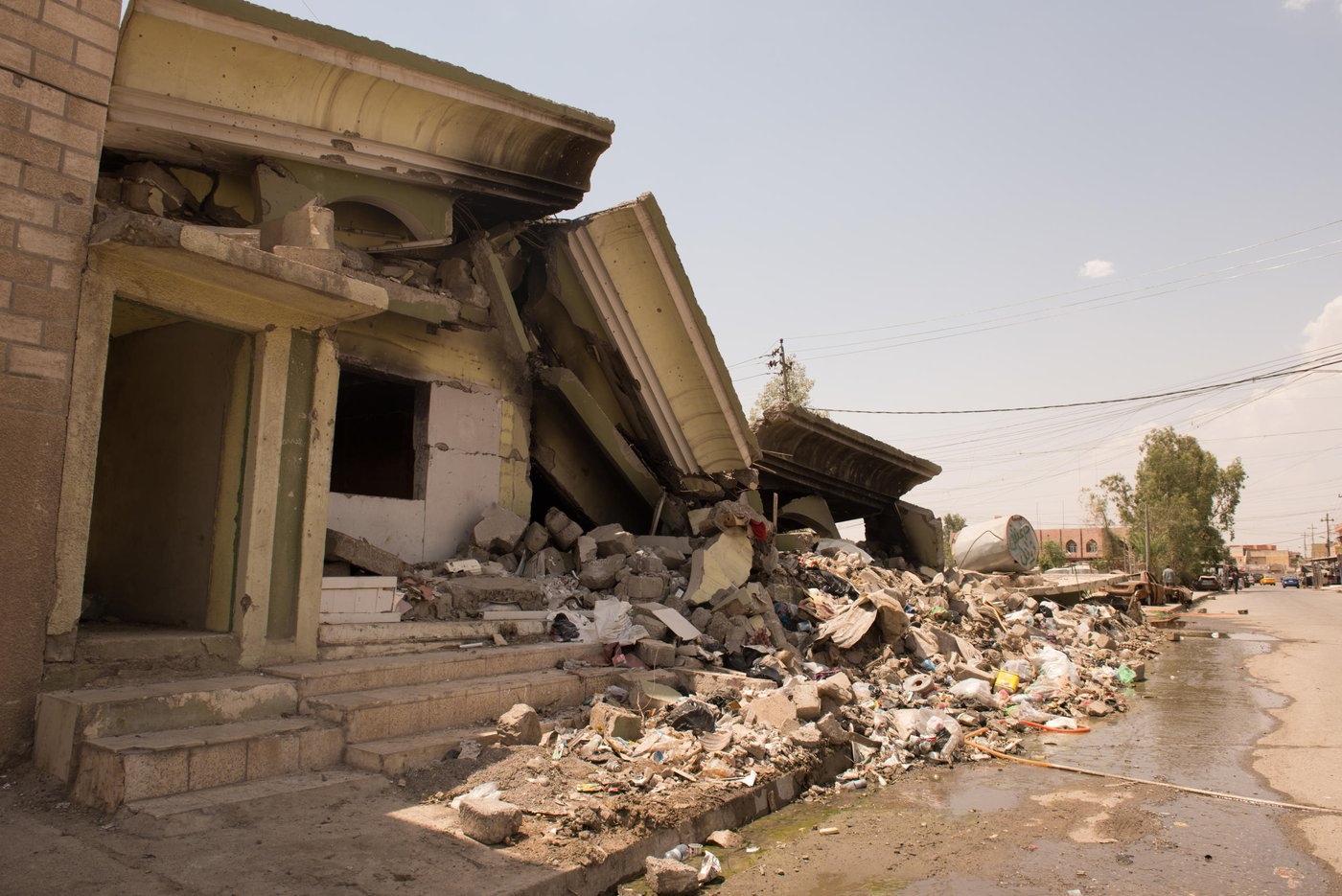
#4. The cost of rebuilding Mosul
In west Mosul alone, power and water supplies have been disabled and schools and hospitals damaged or destroyed. The UN estimates that $1 billion is required to rebuild the city. NRC has been constructing a water treatment plant that will supply water to 100,000 people in Mosul, but many residents of the city say they won’t return until there is something to go back to.
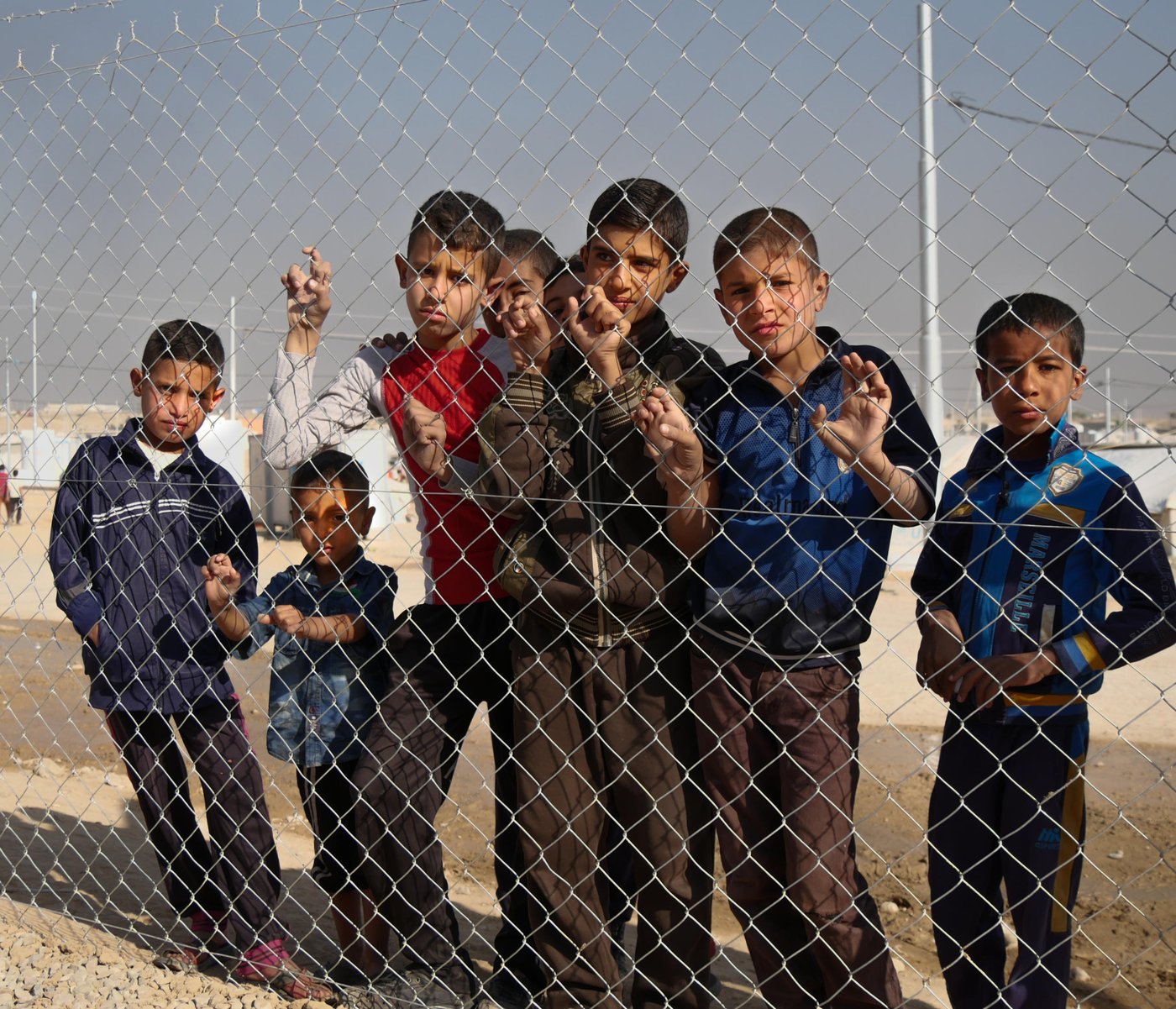
#5. ISIS still controls parts of Iraq
Even though victory has been declared over ISIS in Mosul, the terrorist group still occupies significant areas of northwest and central Iraq. Since last August, around 100,000 people have fled the Hawija district in central Iraq – many of them describing how food, water and medicine are in short supply under ISIS occupation. NRC is aiding these people, who have fled to Kirkuk, but conflict continues to prevent us from aiding others who are still in areas where conflict wages.



